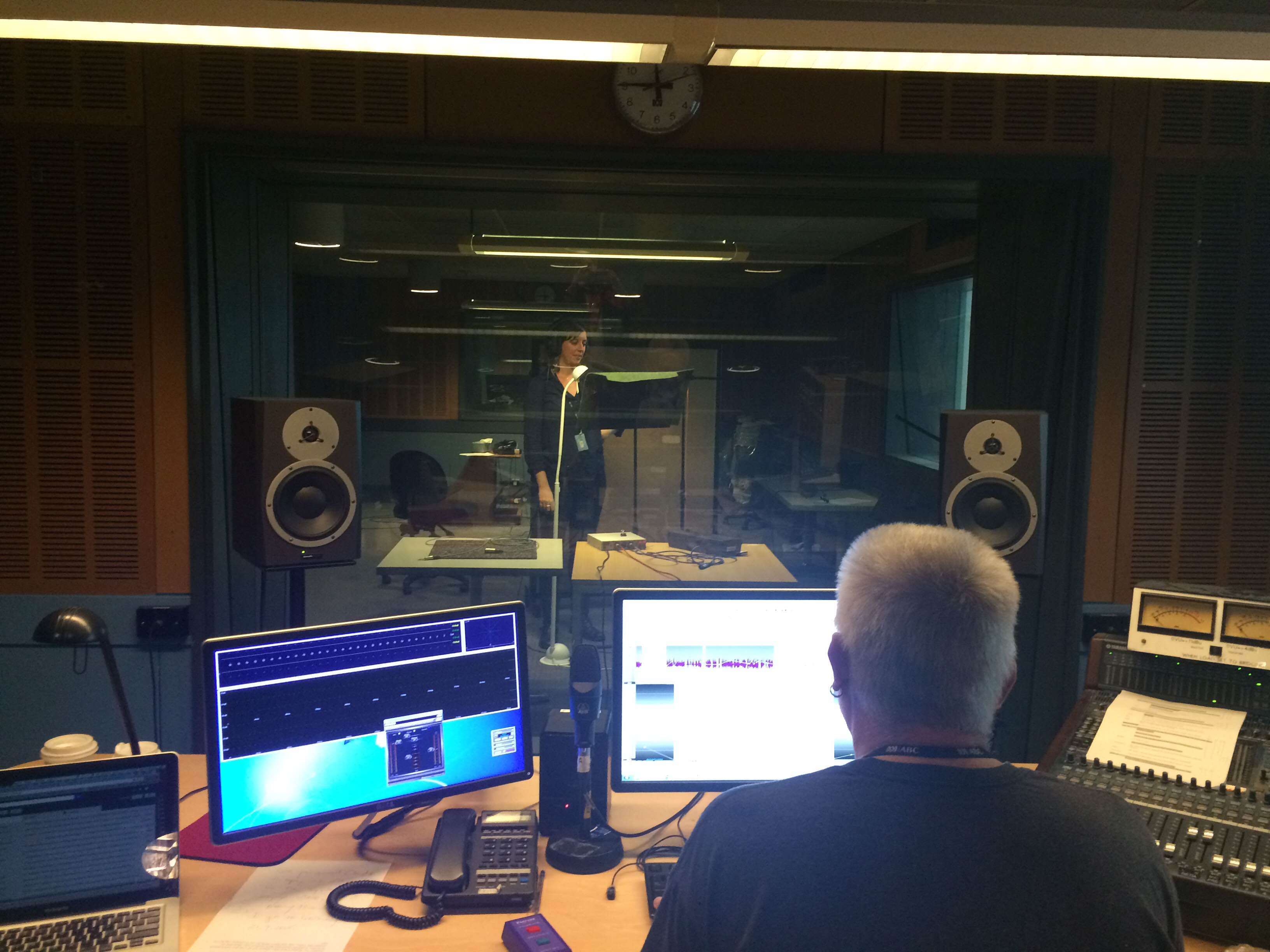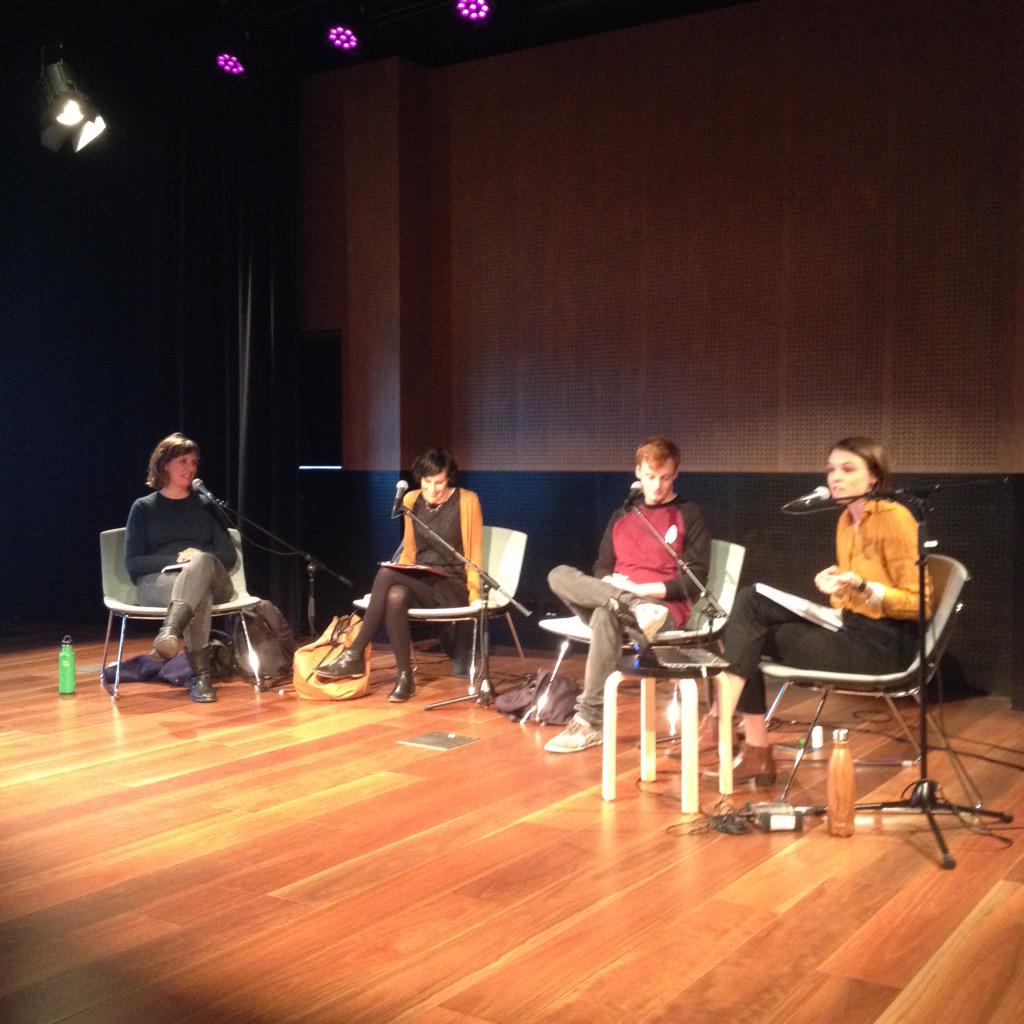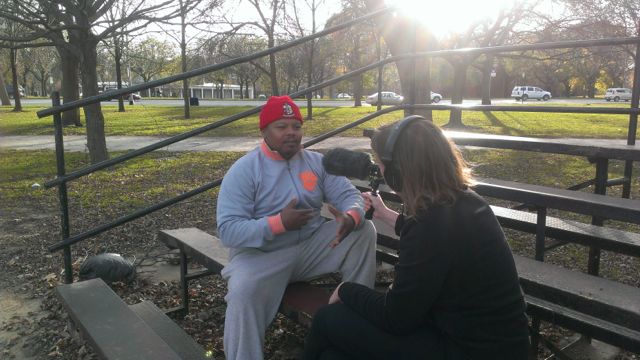
I’ve been dreaming about this one for a while and I finally made it to the Third Coast Conference in Chicago- an incredible 3 day festival for radio producers and people passionate about great audio storytelling. Heaven.
The weekend was packed with talks and workshops led by US public radio rock stars and international guests, culminating in some mind exploding audio inspiration. One of the stand outs for me was listening to Joe Richman (Radio Diaries), Brooke Gladstone (On the Media), Roman Mars (99% Invisible) and Andrea Selenzi (Why oh Why) talk ethics and audio storytelling in the session ‘Journalism and Storytelling: Frenemies’. It was super interesting to hear how different producers balance creating sound rich and entertaining narratives, with keeping true to personal stories and their context. This session is now up at the Third Coast website.
I also loved ‘Leave No Trace’ with David Isay and Mark Garofalo from StoryCorps. They had some great insights about how to capture the essentials of someone’s personal story, craft sound in artful ways, AND make the producers hand in the work as unobtrusive as possible. I was also totally blown away by Mark Garofalo’s forensic approach to the edit with his impeccable audio cataloguing, session lay out, and attention to vocal nuance.
I also did some interviews with radio producers for my PhD research. Talking to the likes of Davia Nelson (The Kitchen Sisters), Lea Thau (Strangers), Phoebe Judge (Criminal) and Laura Starecheski (State of the Re-Union) was fantastic. I can’t wait to start transcribing some of this material and hope to write about some of the things we discussed in future posts.
Overall the whole experience was a great opportunity to mix with some awesome people and completely nerd out about audio! It was also exciting to hear about independent producers thriving in a market where new possibilities and new demands for audio content are on the rise. I know for a fact that the Australians at the conference now have a fire in their bellies and dreams of a gathering for audio enthusiasts in Australia.
Below are some photos. One is of me and the All the Best ladies front row and centre for Nancy Updike’s (This American Life) closing speech. The other is me after my interview with radio hero and “sound shaman” Davia Nelson – you can see my face exploding with excitement.


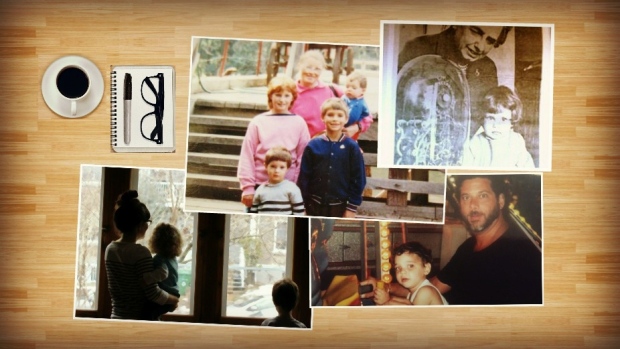

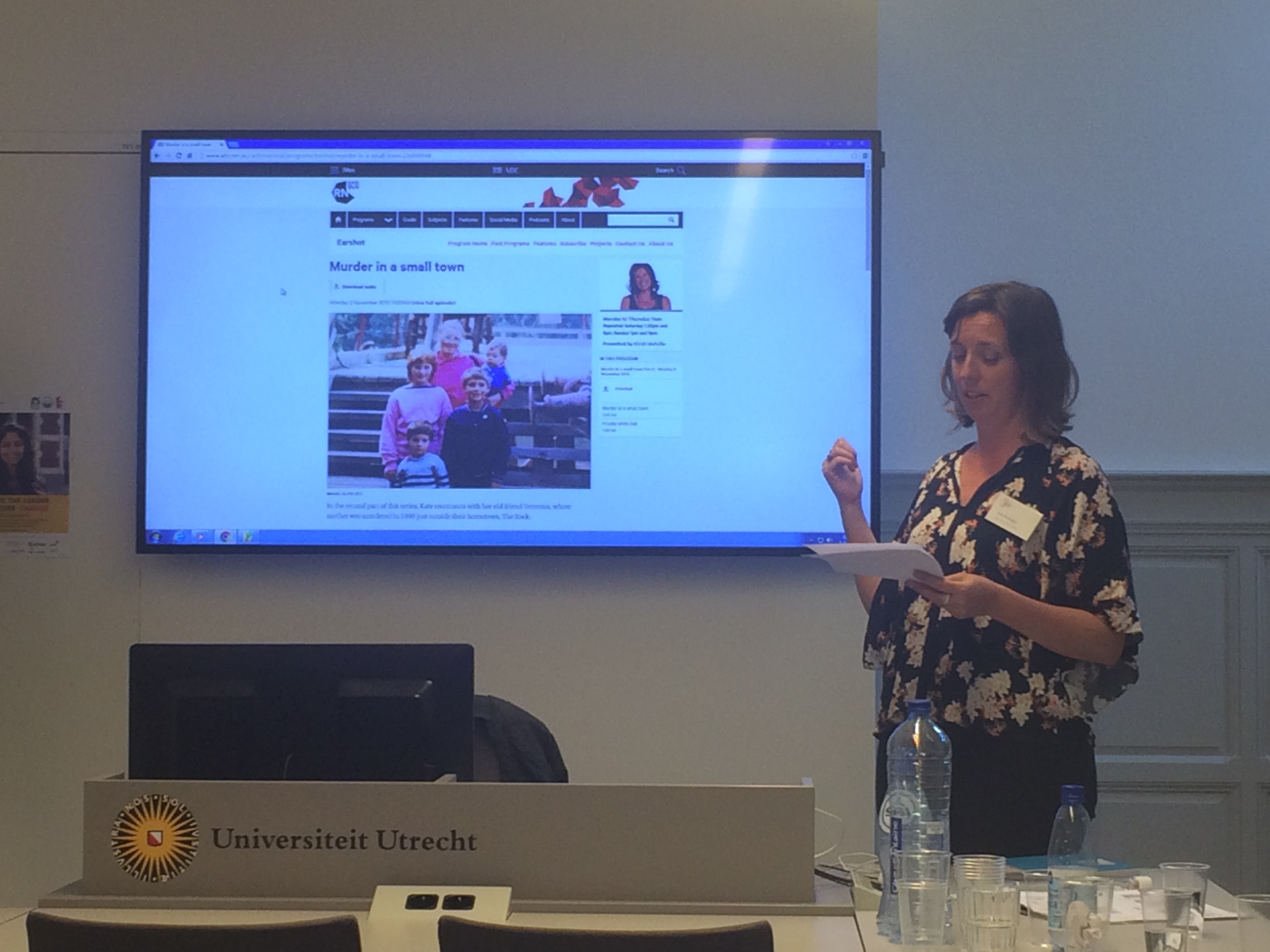


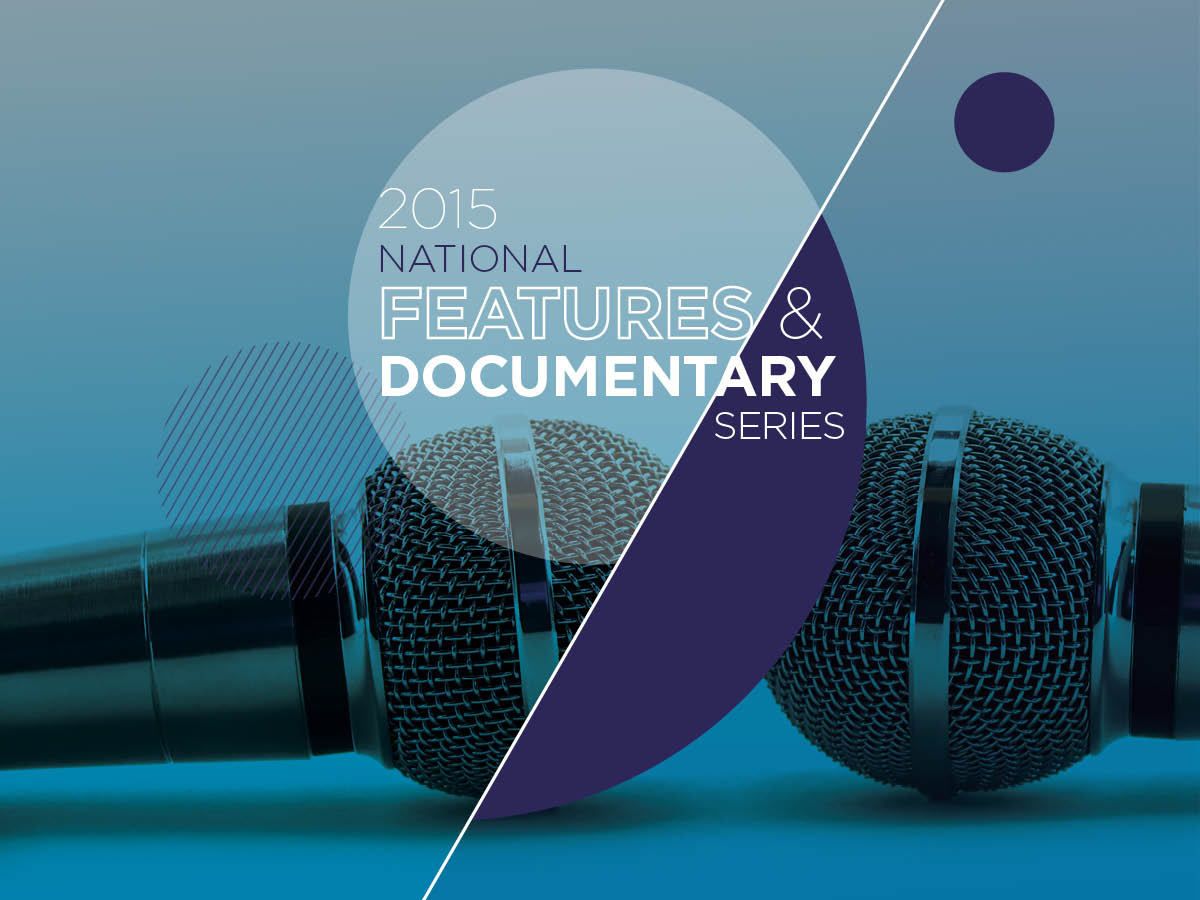
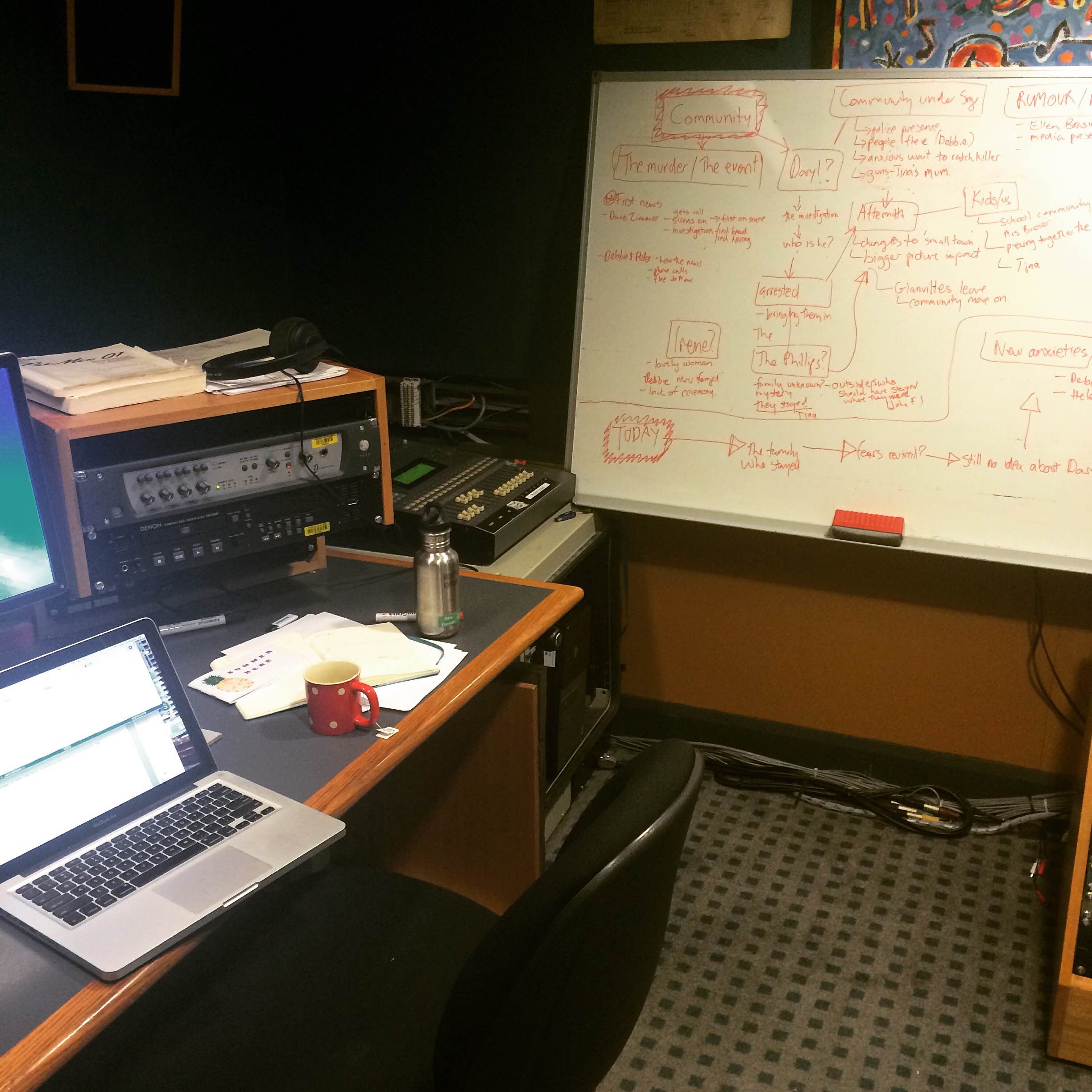 This has been my home for last few months- an editing cave at the ABC in Sydney.
This has been my home for last few months- an editing cave at the ABC in Sydney.